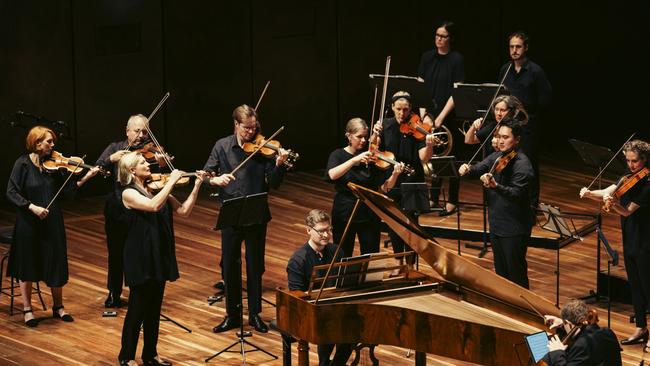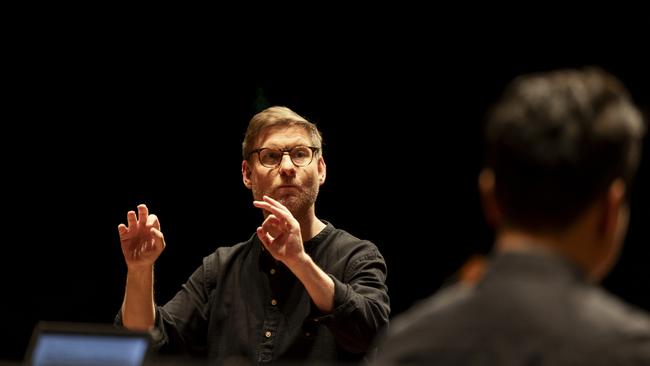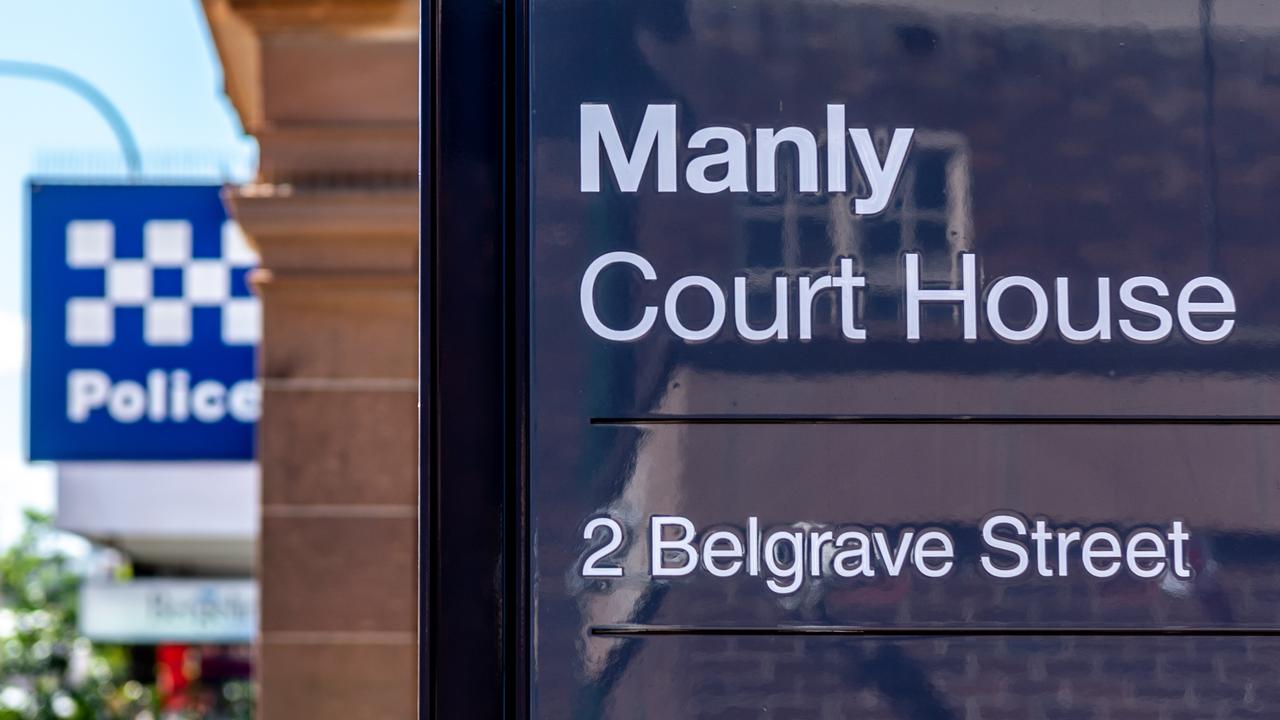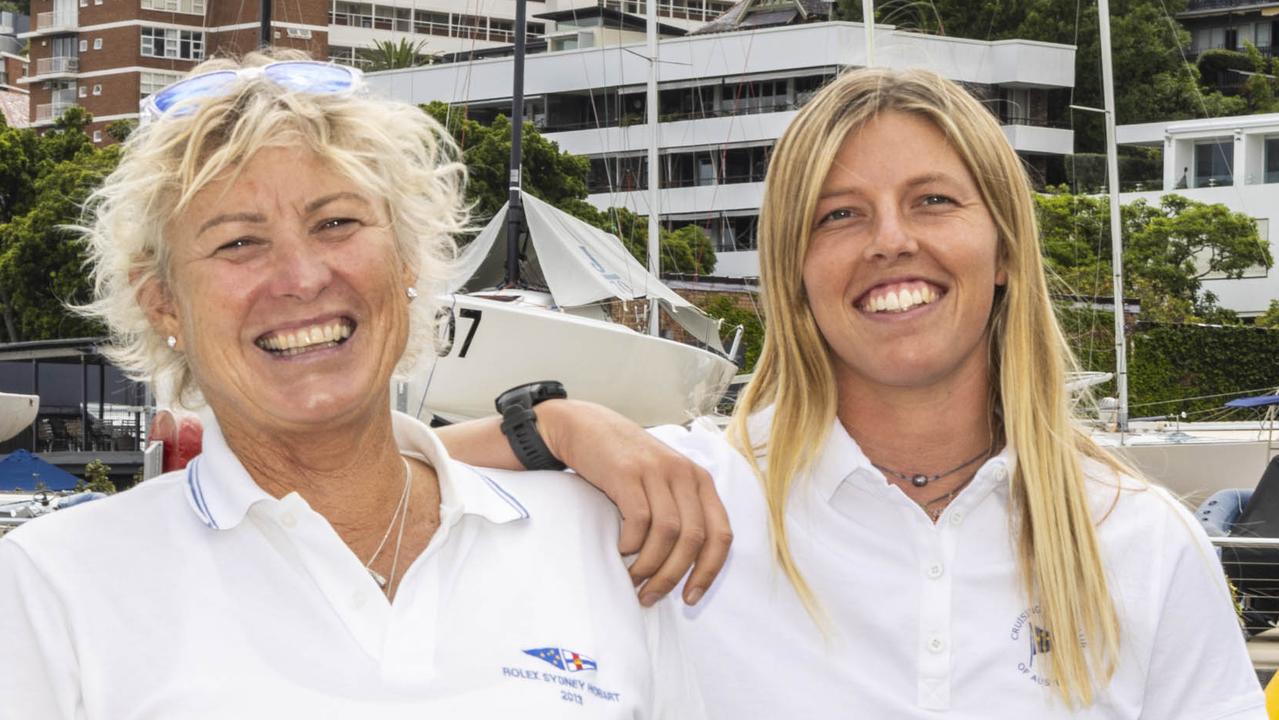Fortepiano virtuoso Kristian Bezuidenhout gives Emperor old clothes
It has been a great week for lovers of the piano with three of the world’s best coming through Sydney in as many days.

Local
Don't miss out on the headlines from Local. Followed categories will be added to My News.
- Virtuoso pianist irons out bugs for her return concert
- Young Turk Saglam shows why he was piano fest favourite
- French connection was just too hard to resist
- Rocking debut by Big Apple band Brooklyn Rider
It has been a great week for lovers of the piano with three of the world’s best coming through Sydney in as many days.
On Sunday New York based Lisa Moore returned to her home country to give a recital in the Opera House’s Utzon Room. Then on Monday Icelandic sensation Vikingur Olafsson gave his Australian debut. On Tuesday it was the turn of one of the world’s leading fortepiano virtuosos, Kristian Bezuidenhout, to dazzle concertgoers with an exhilarating performance of Beethoven’s Emperor Concerto with the Australian Chamber Orchestra.
Born in South Africa, raised on the Gold Coast and based in London, the Australian historically informed performance specialist is no stranger here, having played with both the ACO and the Australian Brandenburg Orchestra over the years, but this is the first time he has been guest director of the ACO, conducting the program from the keyboard.
To set the scene for the Emperor – the last and grandest of the five concertos – Bezuidenhout spent the first half showing us the influence that the great man had on contemporary and future composers, as well as how much he owed to Mozart.
We have a lot to thank Ferdinand Ries for, not least Beethoven’s Ninth Symphony for which he arranged the commission. Beethoven was taught violin by Ries’s father Franz Anton and he returned the favour by taking Ferdinand on as his assistant.

Ries composed as well, much in the style of his master, and his most successful symphony was his second, the opening movement of which opened this concert. The ACO, led by Helena Rathbone, were in top form for this rather grand allegro movement, with a sizeable wind section, horns, trumpets and timpani all adding a celebratory, militaristic atmosphere.
Schubert was a devoted admirer of Beethoven – he was a pallbearer at his funeral – and his incidental music for the play Rosamunde is one of his most beautiful orchestral works, the melody from the Entr’acte after Act III so good that he used it in one of impromptus. He also wrote a set of piano solo variations, which Bezuidenhout interspersed with orchestral excerpts.
The program also included an Australian premiere by Swedish composer Britta Bystrom, A Walk to Beethoven’s First Symphony, one of a series of “walk” pieces written as links to well-known works by various composers.
This was a bright and fun piece, with xylophone, muted trumpets and woodwinds featuring over a strolling string pizzicato rhythm, eventually fading into the distance.
It led neatly to an extract from Liszt’s piano arrangement of the symphony – he transcribed all of Beethoven’s nine - and this segued neatly into the final work of the half, the third movement of Mozart’s Piano Concerto No. 20 with a cadenza composed by Beethoven.
By now the audience’s ears were adjusted to hearing familiar piano works played on the older instrument which, if it lacks the power and sustain of a concert grand it certainly makes up for in character and lightness of touch.
The Emperor lost nothing in the hands of Bezuidenhout, superbly backed by Rathbone and her colleagues.
The concert is repeated at 7pm at the City Recital Hall on Wednesday, March 20; Friday, March 22, and Saturday, March 23, and at Sydney Opera House at 2pm on Sunday, March 24.
DETAILS
• CONCERT ACO with Kristian Bezuidenhout
• WHERE City Recital Hall
• WHEN March 20


